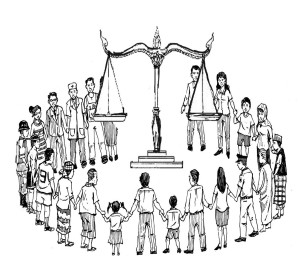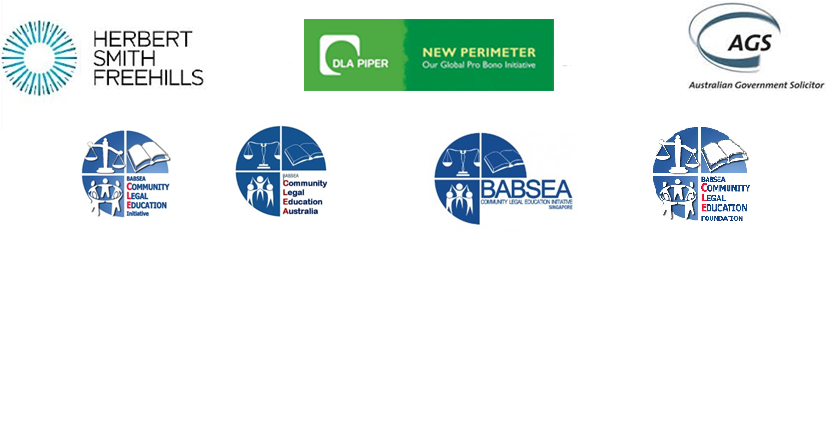By Josh Harvey, BABSEACLE Volunteer Due, in part, to the efforts of BABSEACLE and its many partners, access to justice Clinical Legal Education (CLE) programmes now exist throughout the Southeast Asian region. With the development of CLE programmes across this region, it has become evident that many of the universities throughout this region do not havea post-secondary, legal ethics and professional responsibility course. This has brought about the need to provide a standardized draft course that can be locally contextualized and introduced into the university curriculum, which deals with the ethical responsibilities inherent in good law practice. This material could also be integrated throughout the vast array of other legal curriculum courses. The need for this course was recognised in 2013. BABSEACLE, along with Herbert Smith Freehills, DLA Piper, and New Perimeter (DLA Piper’s global pro bono initiative), Australian Government Solicitors, BABSEACLE Australia, BABSEACLE Singapore, and BABSEACLE Foundation, formed a team to develop a curriculum focused on legal ethics, pro bono, access to justice, and professional responsibility. The chapters for this course have been developed so that the concepts to be put across can be adapted to be in context with any country where it would be taught. It has been created so that it is easy to teach. Each topic has its aims made clear at the beginning of each chapter, with the texts that follow clear on their instructions. It also uses interactive CLE teaching methods for the facilitator to follow, be it in a classroom or workshop context. A recent and significant improvement on the course, suggested by DLA Piper, was to add a table of activity contents at the beginning of each activity section of the curriculum. This will allow a facilitator to have a simple and brief overview of what activities would be taught in each topic, and any materials needed. Since the curriculum was drafted, a number of workshops have been organized to test various parts of the curriculum at university partnersin Myanmar, Vietnam, Laos, and Thailand. These workshops have provided valuable feedback and have introduced the curriculum and project to places where it would be taught. The feedback has since been incorporated into the curriculum and is now in its final stages of development with volunteers, such as myself and many others, helping to edit and format. The project manager throughout my time here has been Phuong Nguyen Tue from Vietnam, who is now, sadly, moving on from BABSEACLE. I would like to wish her the best of luck in her future endeavours and thank her for all her help in the development of this project. Going forward, Nattakan Chomputhong (Ann) from Thailand will take over as project manager and see the project through its final stages. I feel that, once completed, this curriculum will be highly sought after resource to be used as a course at any university teaching CLE programmes. All parties who have worked on this should be very proud of what they have created as it fills a gap in many CLE programmes and has created a universal guide for teaching legal ethics. 

